Last month, Manuel Gonzalez, the founder of Rabobank’s startup initiatives FoodBytes! and TERRA, announced plans to raise a new foodtech fund called Global RIFF (Revolution in Food Fund). Global RIFF will undertake a different approach to many venture capital funds by bringing together a large and high profile list of advisors to help select investments from a large, tech-enabled deal pipeline. It will invest at the earliest stages in pre-seed and Seed stage deals.
The advisors include Elliot Begoun, the author and food strategist, Danny Rubenstein, founder of Naked Juice, Gary Shinner, co-founder of Mighty Leaf Tea, AgFunder founding partners Rob Leclerc and Michael Dean, among other global food industry executives. Full list here.
Gonzalez, who left Rabobank last year, where he was head of startup innovation, is currently fundraising and hope to start deploying capital by the summer of this year.
We caught up with him to find out more about the investment model and the food tech categories he’s most excited about.
When you left, did you have a vision for what you wanted to build and what was needed in the food tech and agtech industry?
After I left Rabobank, after 22 years there, I gave myself time to challenge my views. Of course, you are influenced by lots of things you’ve done as well as feelings and emotions, so I gave myself some time to challenge that, think about what’s next, and what I really wanted to do and believe in.
Something I experienced during my time at Rabobank and launching FoodBytes! and TERRA is that you find a lot of people starting accelerators and programs in food because they think it’s cool and they think they know it. But that’s very different from actually engaging with people who are very experienced and know what they’re doing and have done it before.
That’s one thing I felt strongly about; so if you look at the advisers I’m working with on Global RIFF, they’re very experienced with 20 years or more, and they’re entrepreneurs, experts who have done important things and have grown, suffered and understand the industry. I did not want to be like another $25 million fund; my goal is to create something that will really fuel the ideas of the people finding solutions for the future of food. That’s what’s really important to me: to continue to move the industry towards a new future with a better environment, health and lifestyles.
What I learned at FoodBytes! and TERRA, and having been involved in food a long time, was that I saw entrepreneurial ambition and people really putting a lot on the line to deliver on their mission, and not because it’s cool but because they want a better food future.
How will Global RIFF work and how does it compare with other funds?
There are four legs to Global RIFF:
- The discovery platform: I am not going to sit around for people to come to me and go to conferences etc, but we are going to build a very strong and wide discovery platform, which can relate to FoodBytes! [with its application process] and the philosophy of AgFunder too, with a constant pipeline of companies coming to us.
- The ecosystem: our advisors will play a very important role as beacons of the industry.
- The selection process: this will be a version of what I’ve been doing the last few years. I believe in using technology as a scalable way to create a very strong discovery platform to give you thousands of names, but then I believe in very strong financial discipline when you make investment decisions. There I’m in my comfort zone having financed food for 20 years. So first we will eliminate a bunch of startups to focus on the best using a tech-enabled scoring system, then a shortlist will go to the advisory committee. It will also be about ensuring we reach the right valuation with companies to be beneficial to both sides.
- Developing portfolio companies: at TERRA I learned somethings that are very strongly embedded into Mista, which is about ensuring you really help companies optimize what they do and in doing that you’re decreasing the risk involved in financing early stage companies.
If you can see a lot of companies, you have a good selection process, you’re derisking by helping the companies get better, and if you can come in with the right structure, then you can make better investments. It’s a very intense process that relies on a strong ecosystem.
What mistakes have you seen other funds make?
There’s just not enough experienced food tech investors around frankly; just because you do one thing doesn’t mean you know it. So it’s important to surround yourself with very experienced people, like we are doing. If you think about one of our advisors Danny Rubenstein, he founded Naked Juice in the 1980s and has worked with 50-60 startups. Then there’s Elliot Begoun, who’s a veteran in the food industry, also working with tens of startups.
But it’s very important that you start with the understanding that you don’t know everything because you’ve done one deal or you’ve been to conferences or written a blog.
What challenges are you seeing for established investors in the space?
Understanding how big their deal flow really is. I sometimes hear VCs saying they see 500 companies a year; that’s not enough. You need to see thousands. One of the most common biases is investing in the best company you see, but not the best company there is. That’s an important distinction. You need to have a clear understanding of how an investment in a company competes in a certain demand curve; you need to know who you’re competing with. Many time people are getting to a company that’s part of a trend, and they look good, but their funnel or radar isn’t big enough to really know how the company competes. Another mistake you’ll often see is funds making investments because of the fear of missing out. They see the demand curve ring up and then invest in the next company they see in that space; that’s a mistake. In general, they also need to be aware of personal biases. I would say the most experienced investors know all of this.
What food tech categories are you particularly interested in and excited about?
We are still doing a very deep dive into the markets we like but generally, I’m looking for markets that are growing faster than traditional markets; I like sectors that are growing 6%-10% and will double in size in the next 7-10 years. That in itself shows disruption is going on when the food industry grows 2% a year as you’re either growing the pie or taking market share.
The interaction of food and health is very exciting, such as functional foods. Technologies that are improving proteins are also interesting, and I don’t just mean alternative meats as I do like beef. I always say I’m a second-degree vegetarian as I eat grass-fed beef! The Great Plains of the US are for cattle; there were bison roaming the Great Plains for years, regenerating the land, so I like things that go back to understanding what that was for, how it was done, and how we can improve protein sources, not only meat alternatives but better animal proteins too.
In general, I like companies that respect food and ingredients. By that I mean they really know what they’re using and their supply chain. It’s a complete turnoff if they’re going to a co-packer and asking them to build them something; that’s not exciting. Anyone can do that, but people who really know their ingredients and how to use them to produce certain results, they’re exciting.
We’re also interested in companies innovating in packaging; that’s a super important space for the environment.
Personalized nutrition is also very exciting; that intersection of DNA and lab testing, using AI to understand how to eat. That’s probably going to influence the way we purchase food in the future, and I think that’s very disruptive. I’m not an expert, but I see that intersection probably being the one that can change the future the most and change the way people purchase, disrupting the whole supply chain.





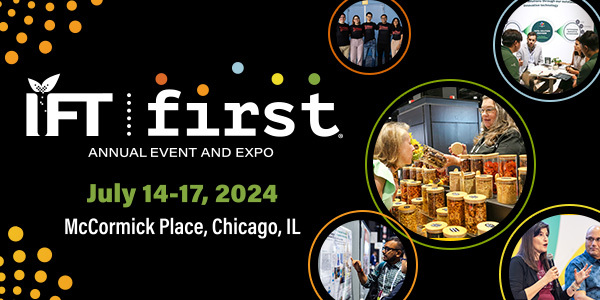
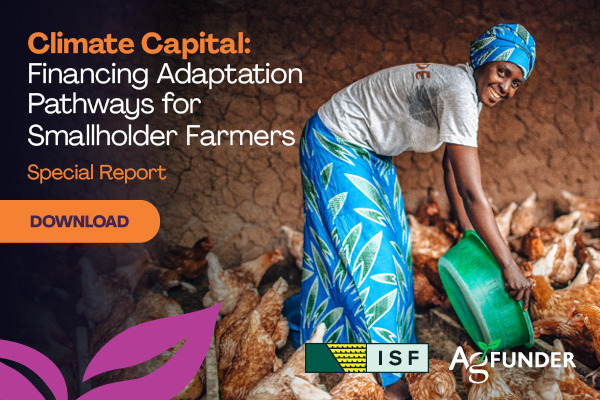
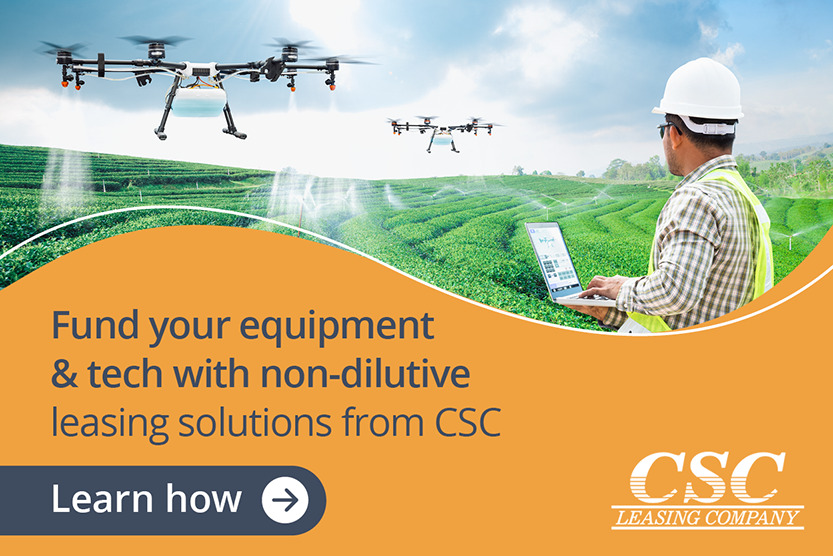

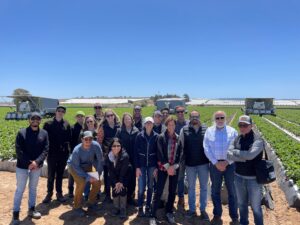

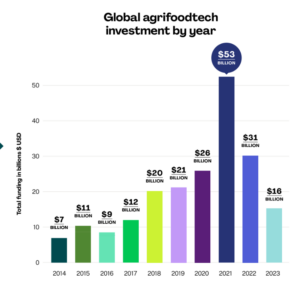
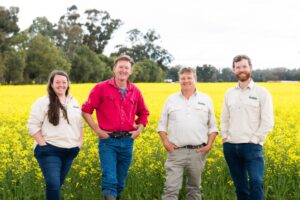


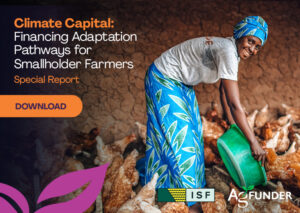

Sponsored
International Fresh Produce Association launches year 3 of its produce accelerator